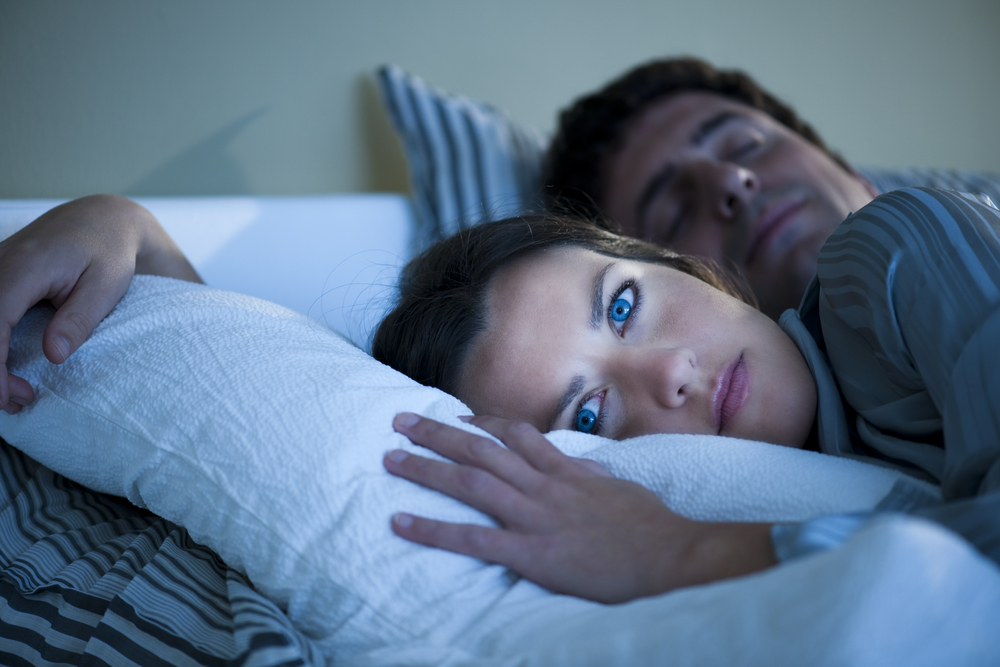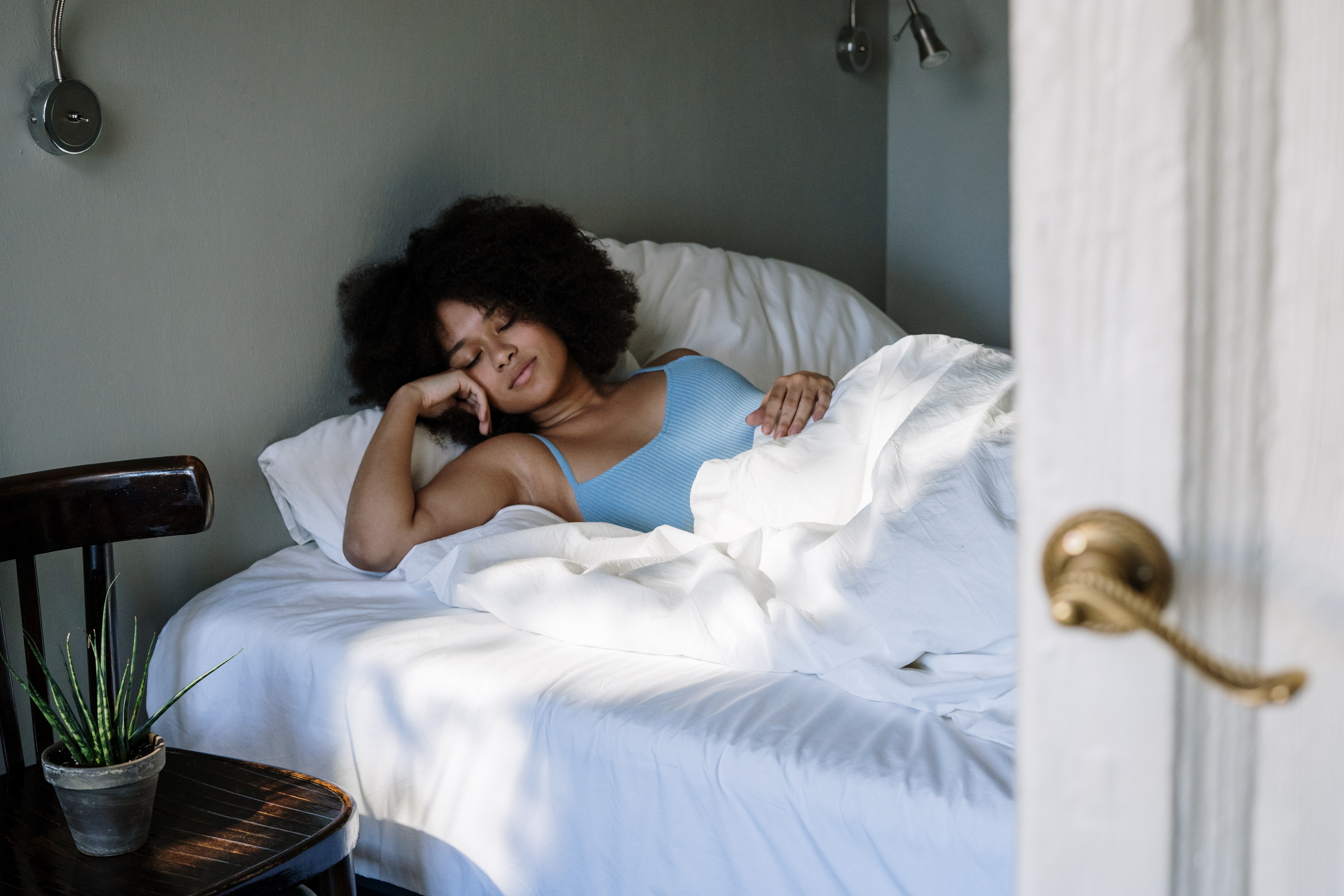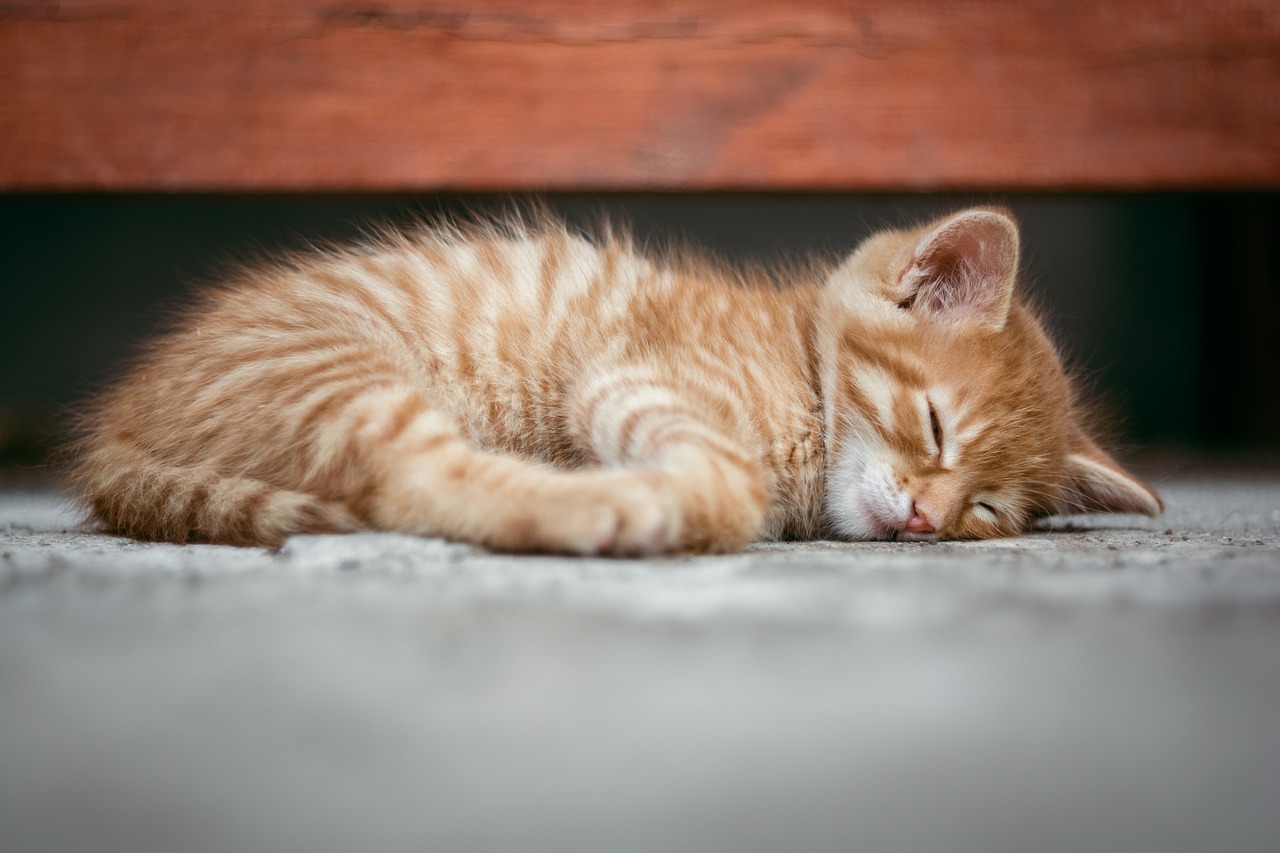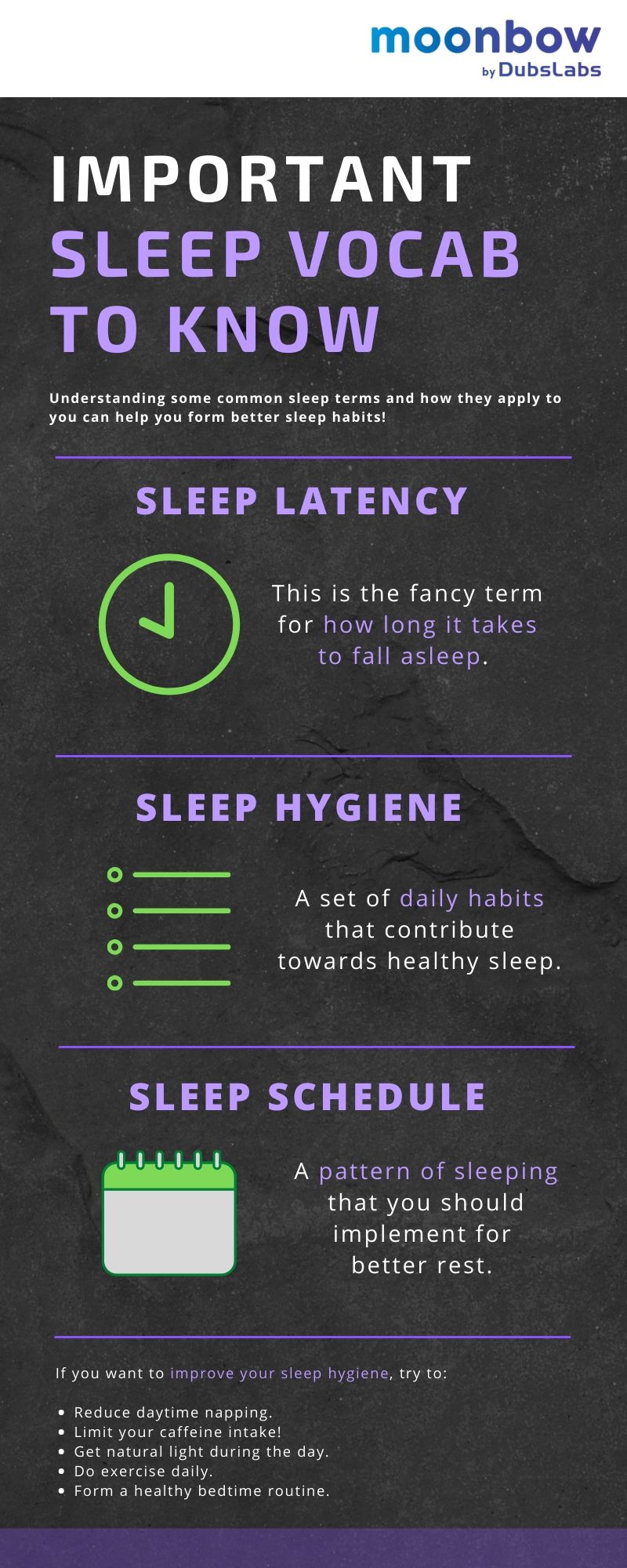How Long Does It Take To Fall Asleep?
12th Jun 2020

I’m sure we all know the frustrating feeling of really wanting to fall asleep, but not being able to. Your mind seems to be working on its own track, keeping you awake no matter how much you want to drift off.
On a good night, though, how long does it take to fall asleep? Or perhaps the question should be: how long should it take to fall asleep?
How Long Should It Take To Fall Asleep?
Research suggests that the average person should fall asleep within 5 to 15 minutes. This is moving from wakefulness into the first sleep stage. Breathing and heartbeat begin to slow down, eye movement decreases, and muscles relax.
It takes 70 to 90 minutes to get into REM sleep, which is when we dream.
Bear in mind that these are just average numbers. Some nights will take longer. Some will be shorter!
Sleep Definitions
If you’re looking for info on how long it takes to fall asleep, you’re likely to come across some specific terms. Here are some of the most common ones you need to understand:
Sleep Latency
This is the fancy scientific term for how long it takes you to fall asleep. It’s sometimes also called Sleep Onset Latency.
An abnormal sleep latency could be a sign of a sleep disorder. At the same time, things like mood, environment, and health can have an effect on sleep latency.
Sleep Hygiene
Just like there are certain habits to keeping good physical hygiene, the same is true with sleep. Sleep hygiene is a set of daily habits to make sure your sleep is as good as it possibly can be. Good sleep hygiene also ensures that you’ll be alert and feel good during the day.
Normal hygiene habits include washing your hands, brushing your teeth, and using deodorant. Sleep hygiene also includes these types of activities. All of the habits, tips, and tricks to get a good night’s sleep fall under sleep hygiene.
Things like:
- Limiting daytime naps.
- Reducing caffeine intake.
- Getting enough natural light.
- Daily exercise and physical activity.
- A great bedtime routine.
… are all essential parts of sleep hygiene. If one of these areas is lacking, your sleep hygiene is not as good as it could be!
What Are Some Signs of Bad Sleep Hygiene?
If you notice any of the following things, your sleep hygiene may be poor:
- Daytime sleepiness.
- Waking up often during the night.
- Difficulty falling asleep at night.
If this sounds like you, your sleep hygiene could do with a bit of a revamp!
Why Is Good Sleep Hygiene Important?
Sleeping well is essential to good health! If your sleep hygiene is bad, some consequences could include:
- Moodiness and irritability.
- Struggling to focus during the day.
- Feeling sluggish or lacking energy.
- Having difficulty concentrating and completing tasks.
- Weight gain (as a result of bad eating habits triggered by lack of sleep).
Sleep Schedule
As the name implies, a sleep schedule is a pattern of sleeping. This means going to bed at the same time every night, and waking up at the same time every morning.
Getting into a regular evening routine can help to implement a sleep schedule. In turn, sticking to a sleep schedule can help improve sleep latency. This then improves sleep hygiene.
You’re basically training your body into expecting when it should sleep and when it should wake. Your body’s circadian rhythms work off of light and darkness. If you make sure to settle down in complete darkness at a specific time each night, your body will get used to that. It should help it to start doing its thing naturally.
Fix one, and the others will improve. It’s a knock-on effect!

How To Fall Asleep Faster
Not being able to fall asleep is something we all struggle with at some point. Luckily, there are some quick, easy-to-implement tricks to help you fall asleep faster!
Block Out The Noise
Noise can really hamper your ability to fall asleep easily and peacefully. Depending on your personal preference, you can try one of the following to help:
- Get yourself noise-canceling headphones.
- Try using white noise to block out sound.
- Listen to music if it doesn’t distract you from sleep.
- Draw the curtains to muffle outside noise.
- Look at soundproofing your room if the noise is bad.
Check Your Food & Drink Intake
Your stomach is already going to be working on digestion while you sleep. Making sure it’s digesting good food is important! Surprisingly, better food helps with better sleep.
You also really don’t want to give your brain any sort of stimulant before trying to calm it down for the night. Coffee, green tea, and energy drinks should be halted at least four hours before sleeping!
To get the best out of your sleep:
- Stop your caffeine intake at least 4 hours before bed.
- Try not to drink anything for an hour before sleeping - you don’t want to wake up to have to run to the bathroom!
- Don’t eat spicy food before going to sleep!
Maximize Your Comfort
Trying to rest in a messy environment that doesn’t contribute positively to sleep will be hard! See if you can optimize your sleep environment by:
- Making sure your room is the right temperature.
- Keeping your sleep environment tidy.
- Making sure your room is dark enough.
- Wearing comfortable clothes.
- Ensuring your blanket is warm enough, and your pillows are comfortable.
Gear Your Day Towards A Good Night
It may sound strange, but getting a good night’s sleep begins during your day! Try doing the following in the daytime to help with your nighttime rest:
- Exercising helps improve sleep quality.
- Journaling before bed can help calm the mind.
- Meditation is a great way to relax!

Conclusion
The average person should take between 5 and 15 minutes to fall asleep, on an average night. This does fluctuate, so if you lie awake a few nights, it shouldn’t be anything to worry about!
If you consistently take longer than that to fall asleep, it may be worth asking your doctor about it. Of course, we don’t always know exactly how long it takes us as we aren’t measuring!
Take note of how you feel during the day. If you’re always tired, feel irritated by small things, and struggle to be productive, you may be experiencing some small sleep problems.
Implement a sleep schedule so you can improve your sleep hygiene. See if your sleep latency improves!
Happy sleeping!













